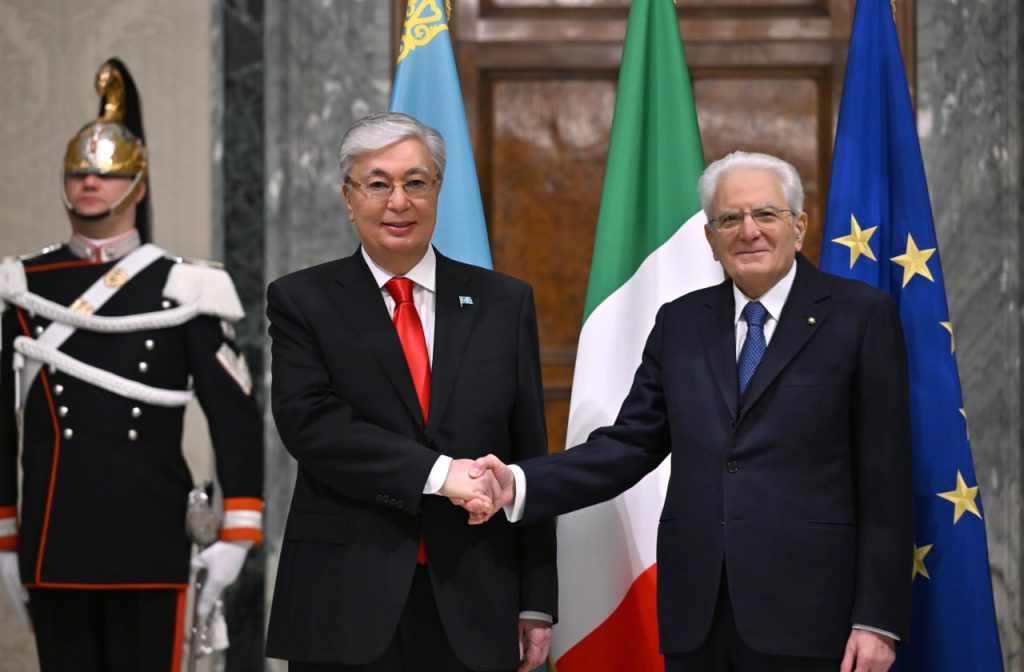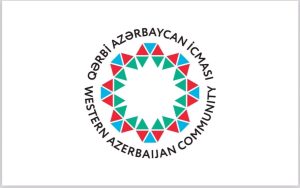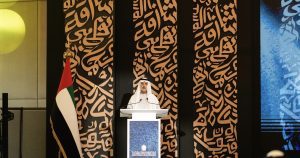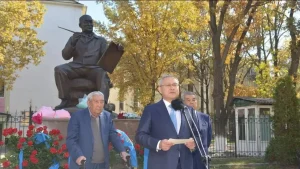A New Era of Commitment between Kazakhstan and Italy

The official visit of the President of the Republic of Kazakhstan to Italy on January 18, 2024, at the invitation of the President of the Italian Republic, marked a significant milestone in the diplomatic relations between the two nations. The Joint Declaration, issued by the Presidents, outlines key areas of cooperation and affirms the commitment to deepen their strategic partnership.
Following are the Key Points of Analysis:
1. Strong Strategic Partnership: The declaration underscores the enduring and robust strategic partnership between Kazakhstan and Italy, which has evolved over more than thirty years of diplomatic relations. Notably, the Treaty on Strategic Partnership, signed in 2009, serves as the foundation for their multifaceted collaboration.
2. Economic Collaboration: Economic ties between the two nations are highlighted, with Kazakhstan being Italy’s main economic partner in Central Asia and Italy serving as Kazakhstan’s largest trading partner in the European Union. The commitment to diversify and deepen economic cooperation is emphasized, especially in areas such as energy, infrastructure, agriculture, and technology.
3. Investment Climate: The declaration acknowledges the negotiation of an Agreement on Encouragement and Mutual Protection of Investments, reflecting a shared commitment to improving the investment climate and fostering mutually beneficial trade and economic cooperation.
4. Educational and Cultural Exchange: Cooperation in the field of higher education, particularly in science and technology, is recognized as a key area for collaboration. The establishment of the Italian Cultural Centre in Almaty is highlighted as a significant step toward enhancing cultural ties, with an emphasis on furthering cooperation in the field of culture.
5. Diplomatic Cooperation: The readiness of both countries to continue close cooperation within the framework of the Enhanced Partnership and Cooperation Agreement between Kazakhstan and the European Union is highlighted. The declaration welcomes the successful Central Asia-European Union Summit and underscores their commitment to regional dialogue in Central Asia.
6. Climate Agenda: A substantial portion of the declaration is dedicated to the climate agenda, demonstrating both countries’ commitment to combating climate change. Kazakhstan’s initiatives, including the proposal to establish a Project Office on environmental protection and climate change, receive appreciation. The shared commitment to keeping global warming within 1.5°, as reaffirmed at COP28 in Dubai, reflects their dedication to addressing global environmental challenges.
7. Regional Cooperation: The importance of regional dialogue in Central Asia is stressed, with plans for the “Central Asia + Italy” format meeting in Rome and Kazakhstan. The Presidents express their commitment to building a solid basis for cooperation between the European Union and Central Asia.
8. International Engagement: Both nations reaffirm their commitment to the principles of the UN Charter, emphasizing their mutual desire to promote peace, security, and stability at global and regional levels. The declaration underscores their intent to deepen bilateral cooperation within multilateral forums such as the United Nations.
9. Invitation and Future Cooperation: The invitation for the President of the Council of Ministers of the Italian Republic to visit Kazakhstan in the near future signifies the commitment to sustaining and enhancing diplomatic relations.
Conclusion: The Joint Declaration reflects a comprehensive and forward-looking roadmap for the continued collaboration between Kazakhstan and Italy. By addressing economic, cultural, diplomatic, and environmental aspects, the declaration underscores the depth and diversity of their strategic partnership. The commitment to addressing global challenges, including climate change, further positions the two nations as proactive contributors to international cooperation and sustainable development.







